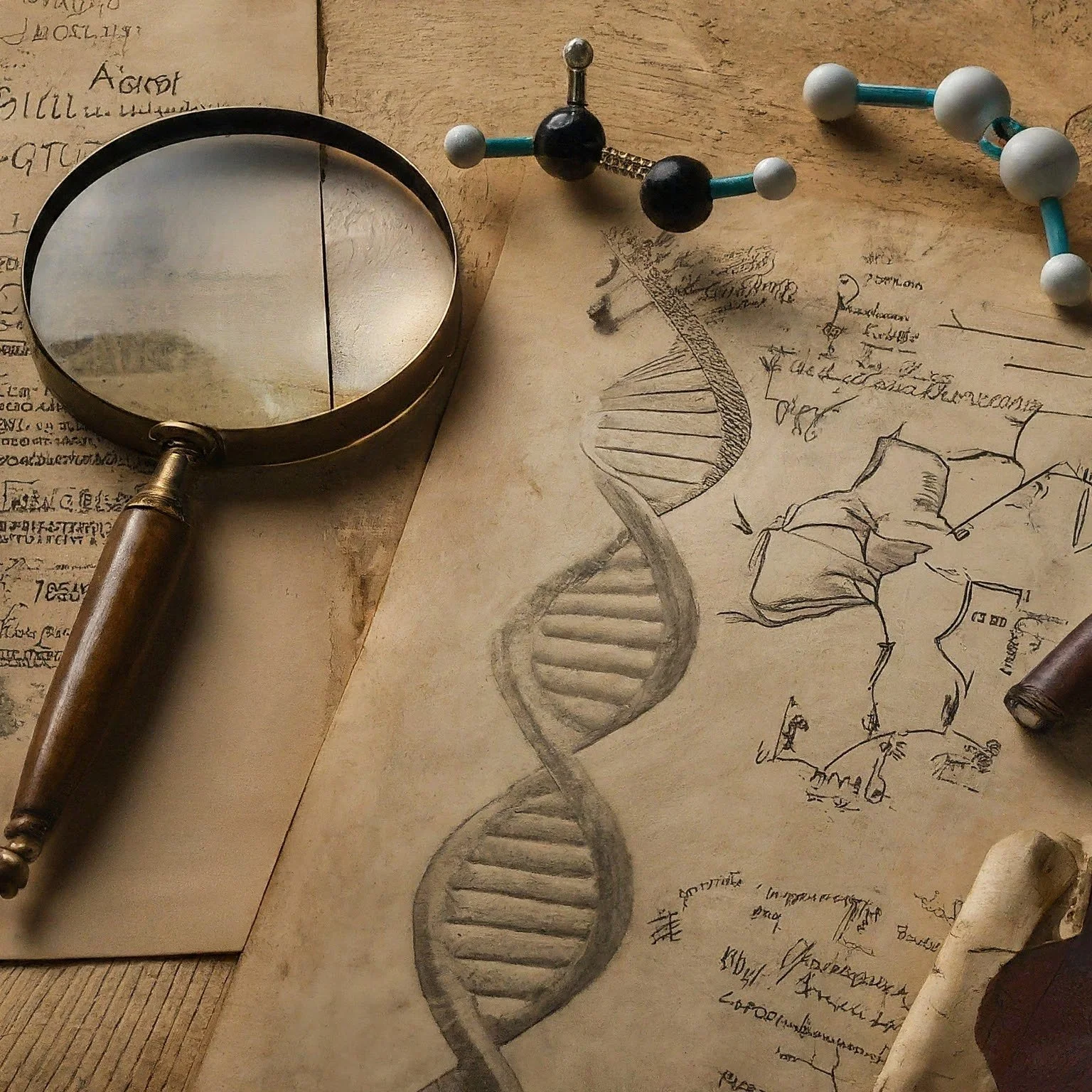Our Commitment to Education
Education serves as the bedrock for cultivating the next generation of forensic scientists and fostering essential skills vital for success in the field.
Through Murdoch University’s structured forensic science undergraduate and postgraduate academic programs, aspiring forensic scientists are equipped with the knowledge, tools, and methodologies necessary to navigate the complexities of crime scene investigation, forensic analysis and evidence interpretation.
Coursework Principles
Our courses strive to go beyond technical proficiency, instilling a strong foundation in scientific literacy and empowering individuals to comprehend and communicate complex scientific concepts effectively.
Moreover, integrating a comprehensive laboratory and field-based practical program nurtures problem-solving skills and cultivates critical thinking abilities essential for analyzing evidence, evaluating hypotheses, and making informed decisions in forensic investigations.
By fostering a culture of inquiry, experimentation, and lifelong learning, education empowers forensic scientists to adapt to evolving challenges, embrace emerging technologies, and uphold the highest standards of integrity and professionalism in their practice.
Through collaborative learning environments, mentorship opportunities, and hands-on experiences, education not only prepares students for rewarding careers in forensic science but also inspires a lifelong commitment to scientific inquiry, ethical conduct, and societal impact.
Dr John Coumbaros founded Murdoch University’s undergraduate Forensic Chemistry degree and is the academic chair of the undergraduate forensic science courses, namely Forensic Biology & Toxicology and Forensic Chemistry. He also established the Chemical Criminalistics unit in the Master of Forensic Science degree, and is unit coordinator of this unit and the Fingerprint Analysis unit.
Murdoch University’s Forensic Science Coursework
Murdoch University’s forensic science program is delivered by the School of Medical, Molecular and Forensic Sciences.
The school’s comprehensive curriculum has at its foundation core units comprising a Bachelor of Science, with a student able to select an array of courses based on their interest and ambition, covering an exciting range of disciplines such as Biomedical Science, Laboratory Medicine, Clinical Laboratory Science, Forensic Chemistry, Genetics and Molecular Biology, Forensic Biology and Toxicology, and Food Science and Nutrition.
The undergraduate forensic science courses on offer are Forensic Biology and Toxicology and Forensic Chemistry. Dr John Coumbaros is the academic chair of both courses.
In Forensic Biology and Toxicology students put their curiosity to work as they investigate crime from a scientific viewpoint. Terms such as forensic palynology (the use of pollen grains to connect a suspect to a crime scene), forensic anthropology (the identification of skeletal remains) and forensic entomology (the insects that decompose human remains) will become part of each student’s professional vocabulary. They learn the dynamics of blood pattern analysis and test their knowledge in the lab, exploring fingerprints and features that are used for identification. They also investigate wildlife crime through DNA analysis using the same techniques that are used to identify elephant ivory and rhino horn.
In Forensic Chemistry students learn from and interact with lecturers who have experience applying chemistry in a forensic context across a range of areas, including traditional forensic chemistry, namely illicit drugs, gunshot residues, fibres, glass, and other physical evidence, through to emerging forensic areas such as environmental pollution, food fraud and contamination, and pharmaceutical authentication, among many more.
Of note is that each course has sufficient capacity in its structure to accomodate a double major, allowing students to complete the Forensic Biology and Toxicology and Forensic Chemistry majors within the 3-year full-time study timeframe. This increases the students employability across both Forensic Biology and Forensic Chemistry.






